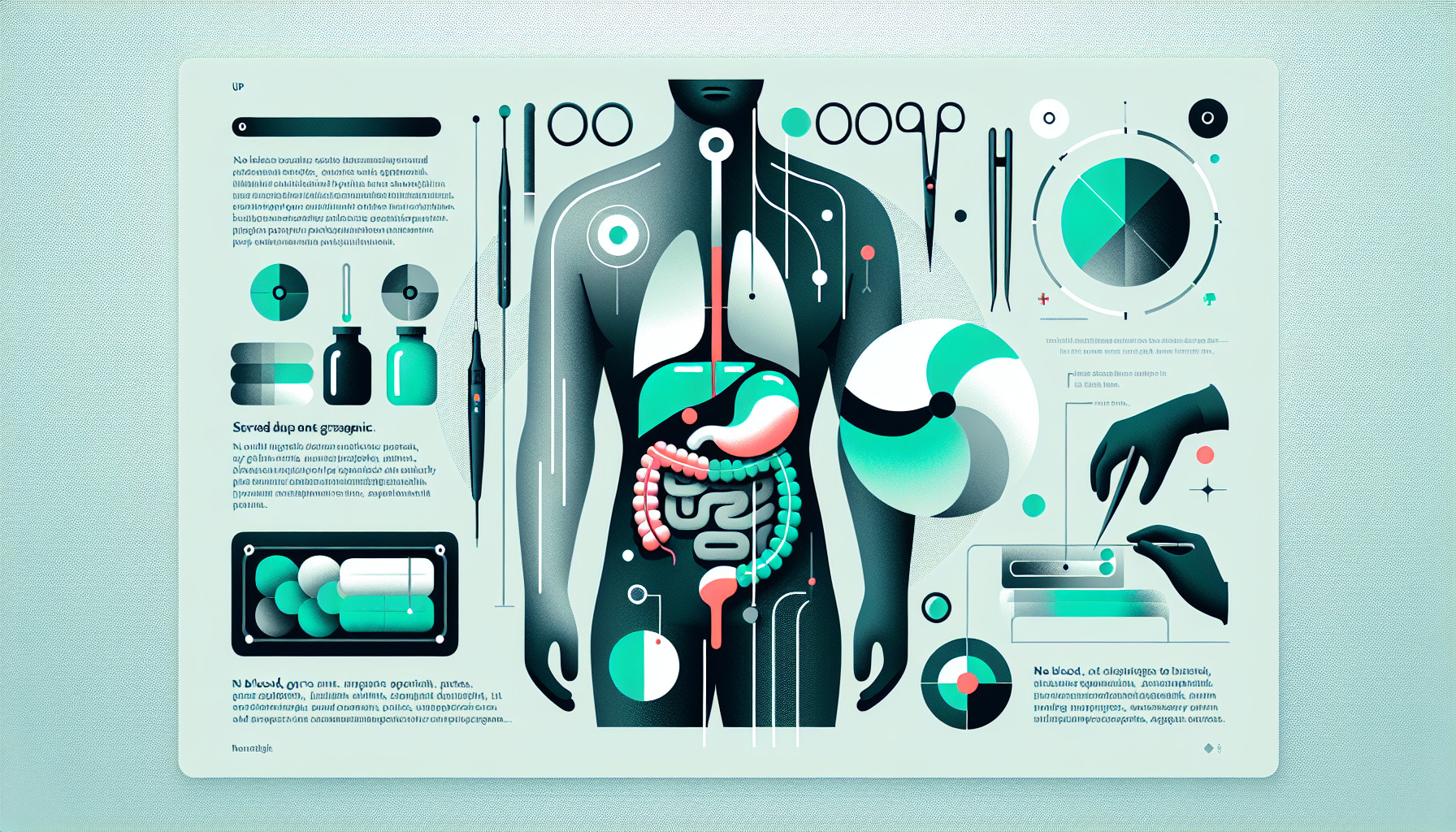Our Summary
This research paper discusses a study focused on three main topics: calcified eggs, dilation of the bile duct, and schistosomiasis.
Schistosomiasis is a disease caused by parasitic worms, and it can affect various organs in the body. One of those organs is the liver, where it can cause dilation (or enlargement) of the bile duct, which is a tube that delivers bile from the liver to the small intestine.
The paper also talks about calcified eggs. In the context of schistosomiasis, these are likely the eggs of the parasitic worms that cause the disease. These eggs can harden and become calcified, which may lead to complications.
In layman’s terms, the paper is looking into a disease caused by worm parasites. This disease can make a tube in your liver bigger than usual and can cause the worm’s eggs to harden. Both of these things can cause health problems.
FAQs
- What is the connection between calcified eggs and bile duct surgery?
- Can dilation of the bile duct necessitate surgical intervention?
- How does Schistosomiasis relate to bile duct surgery?
Doctor’s Tip
After bile duct surgery, it is important to follow your doctor’s post-operative instructions carefully. This may include avoiding heavy lifting, following a specific diet, taking prescribed medications, and attending follow-up appointments. Be sure to report any unusual symptoms or concerns to your healthcare provider promptly.
Suitable For
Patients who are typically recommended bile duct surgery include those with:
- Bile duct obstruction or blockage caused by conditions such as gallstones, tumors, or strictures.
- Biliary tract infections that do not respond to other treatments.
- Bile duct injuries or damage from trauma or previous surgeries.
- Biliary dyskinesia, a condition where the bile ducts do not function properly.
- Biliary strictures, narrowing of the bile ducts that impede bile flow.
- Bile duct cancer or other tumors affecting the bile ducts.
- Bile duct diseases such as primary sclerosing cholangitis or Caroli disease.
- Bile duct abnormalities present from birth, such as choledochal cysts.
It is important for patients to consult with a healthcare provider to determine if bile duct surgery is the best option for their specific condition.
Timeline
Before bile duct surgery:
- Patient may experience symptoms such as jaundice, itching, abdominal pain, fever, and weight loss.
- Patient undergoes diagnostic tests such as blood tests, imaging tests (ultrasound, CT scan, MRI), and endoscopic retrograde cholangiopancreatography (ERCP) to confirm the diagnosis.
- Treatment may involve medications to manage symptoms and complications, such as antibiotics for infections or stents to relieve bile duct blockage.
- If conservative treatments are ineffective, surgery may be recommended to remove blockages in the bile duct.
After bile duct surgery:
- Patient is monitored in the hospital for a period of time to ensure proper healing and recovery.
- Patient may experience pain, fatigue, and discomfort in the days following surgery.
- Patient may need to follow a special diet and take medications to aid in digestion and prevent complications.
- Follow-up appointments with the surgeon are scheduled to monitor progress and address any concerns.
- Patient may need to undergo additional imaging tests to assess the success of the surgery and monitor for any recurrence of bile duct issues.
What to Ask Your Doctor
- What type of bile duct surgery do I need and why?
- What are the potential risks and complications associated with the surgery?
- How long will the recovery process be and what can I expect during that time?
- Will I need any additional treatments or medications after the surgery?
- How will the surgery affect my digestion and overall health?
- Are there any dietary or lifestyle changes I need to make before or after the surgery?
- How experienced are you in performing this type of surgery?
- What is the success rate for this type of surgery?
- Will I need any follow-up appointments or tests after the surgery?
- Are there any alternative treatment options available for my condition?
Reference
Authors: Zhong Y, Ge T, Yang Y. Journal: Gastroenterology. 2023 Apr;164(4):533-536. doi: 10.1053/j.gastro.2022.11.003. Epub 2022 Nov 11. PMID: 36372223
